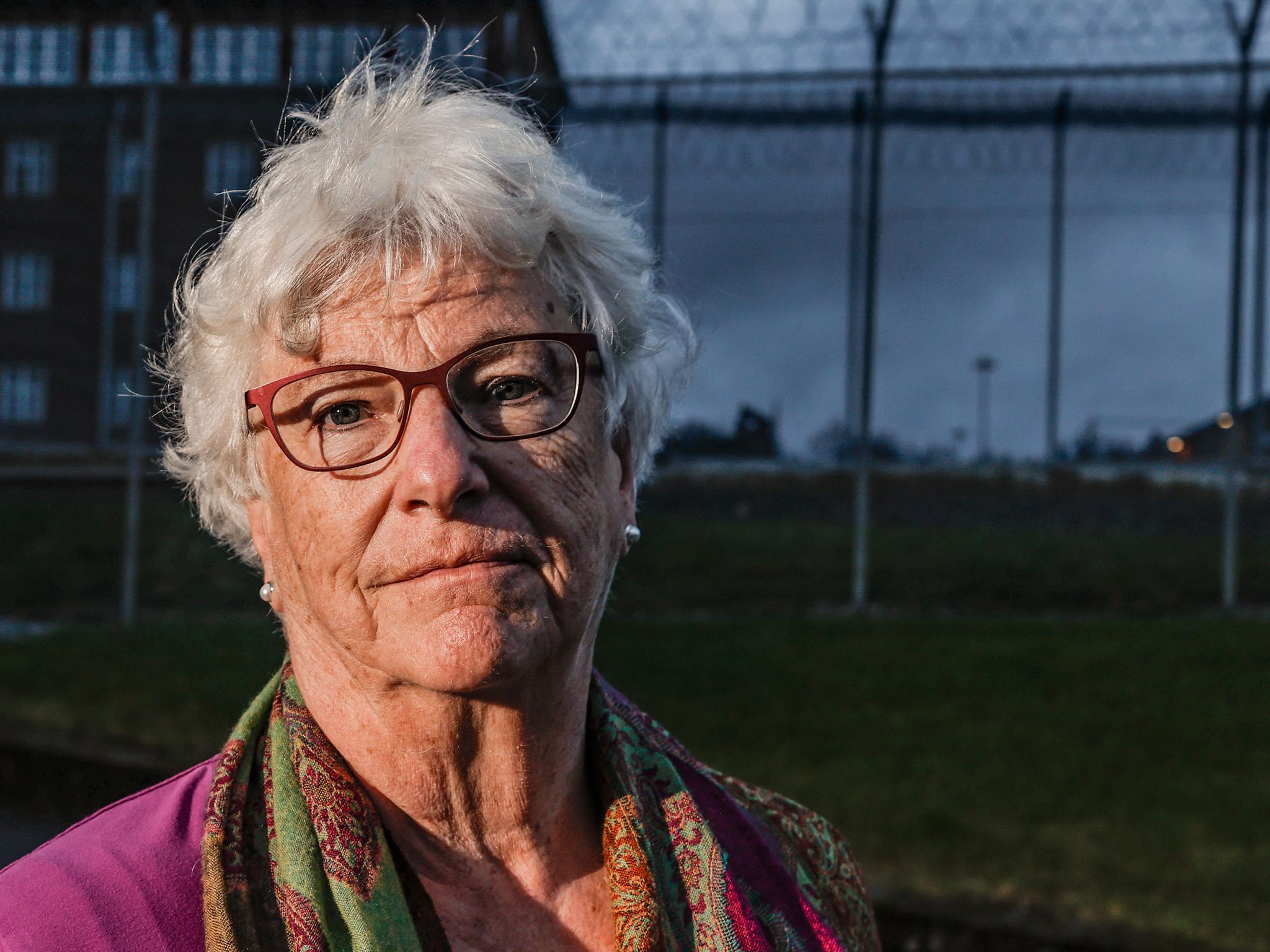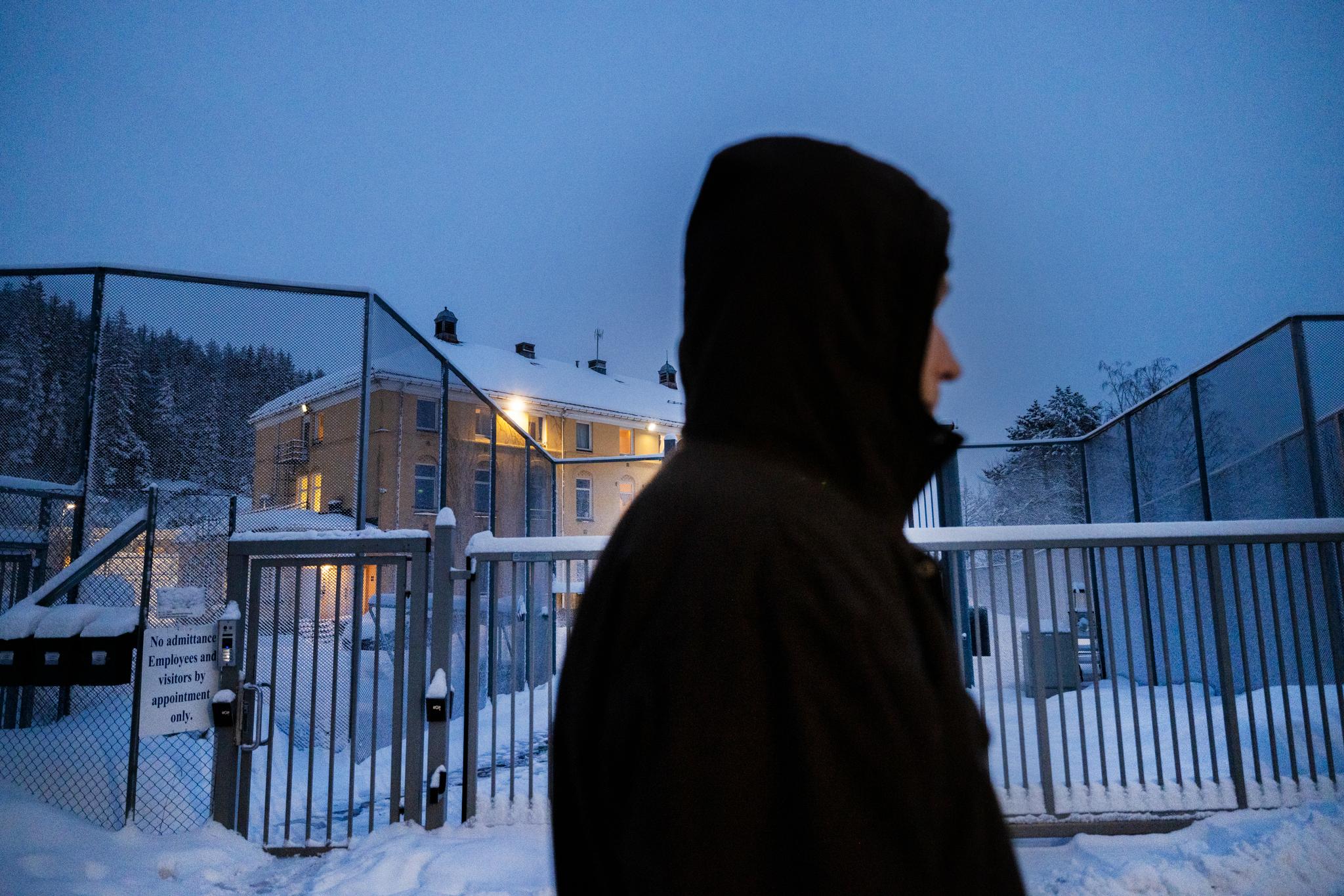The seriously mentally ill need better housing, many believe. The government responds to this.
– We know that there is a need to strengthen the inpatient services for patients with serious mental disorders.
This is written by State Secretary in the Ministry of Health and Care Karl Kristian Bekeng, Ap.
Before Easter, Aftenposten told the story of a family. One of the children, who is now an adult, is seriously mentally ill with a risk of violence. Therapists recommended a home with close follow-up in the municipality.
But such places hardly exist. Therefore, the adult child has been admitted to Dikemark for the past six months. Here, the security level is at its highest.
Professionals at Gaustad Hospital tell Aftenposten that several patients have the same need for housing. When they don’t get it, they may become worse and more violent.

also read
They are locked up without a sentence: – Getting worse and more dangerous
Has not taken a position on the change in the law
State Secretary Bekeng writes that there is a need for more adapted housing options in the municipalities.
– Development of the offer for those with long-term and complex needs, including those with serious mental disorders, is a high priority. It will be one of three themes in the upcoming escalation plan for mental health, he writes.
As the cases illustrate, the lack of housing is linked to the fact that the municipalities are not allowed to use physical coercion. Patients who act out cannot therefore be detained or refused to go out.
Several are advocating a softening of these rules. Municipalities can then accept patients in more common care homes and use coercion if necessary.
– To what extent is it relevant to change the legislation for compulsory use in the municipalities?
– The civil ombudsman has recently raised the need to investigate access to forced use outside the specialist healthcare service with us. We have not decided whether, and if so how, this should be done, Bekeng replies.
Another alternative could be for the hospitals themselves to establish housing with their own money. Hospitals can use coercion.
Should they prioritize such housing?
Bekeng replies that the hospitals are now creating an overall plan for safety psychiatry. There, they will investigate the need for capacity and content in the treatment. They also look at the cooperation between hospitals and the municipalities.
– In addition, they will investigate the need for long-term reinforced housing facilities in collaboration with the municipalities, and whether it might be appropriate to establish multidisciplinary ambulatory teams to look after people who pose a security risk, explains Bekeng.

also read
Randi Rosenqvist: Safety homes must be established now!
I think the very sickest are affected today
On the basis of Aftenposten’s case about the family with a child in Dikemark, Rødt’s parliamentary politician Seher Aydar asked questions to Health and Care Minister Ingvild Kjerkol (Ap) before Easter.
Aydar asked if the government is considering changing the laws to be able to establish “safe houses” in the municipalities.
– We cannot accept that the sickest are left without help or locked up. It is a huge problem that there is no offer in the municipalities, says Aydar to Aftenposten.

Seher Aydar, Red
– We have a downsizing of the offer, but the patients will not disappear. The responsibility is then handed over to the municipalities. And this has gone beyond the very sickest, says Aydar.
Kjerkol says in her reply to the Storting that she agrees with the need for a better offer. It does, however, require a change in the rules on coercion in order to create safe homes in the municipalities.
“The Storting has otherwise asked the government to carry out a broad evaluation of the special reactions detention, sentence to compulsory mental health care and sentence to compulsory care. In this work, it may also be relevant to assess whether the current offer of long-term security psychiatric measures is appropriately designed”, writes Kjerkol.
Aydar in Red is unimpressed.
– We know that the municipalities do not have the capacity or the legal framework. Then we expect a clearer answer that can ensure that the patients are not thrown balls or locked up.


